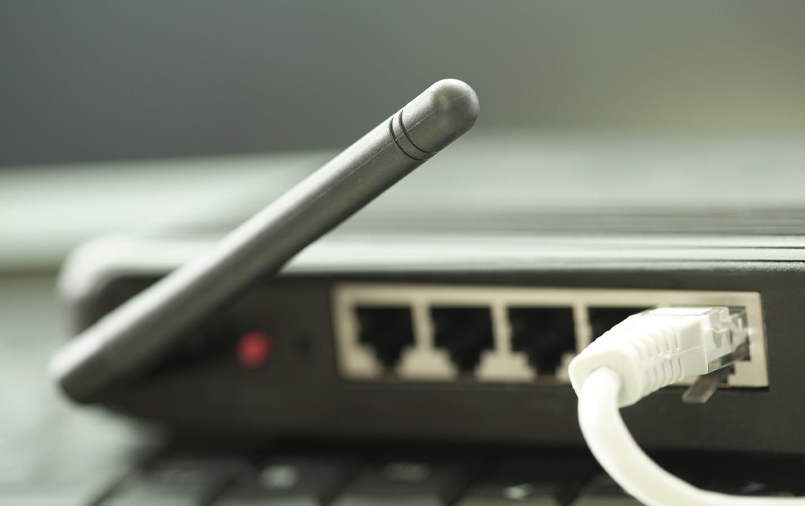- Rue welcomed the announcement made by Paul Fletcher about NBN Co’s network upgrade program extending to additional suburbs where FTTN end users can ask for FTTP upgrade.
- The CEO then shares a preview of the latest NBN Co-commissioned research from Accenture showing how the network rollout contributes to the reduction of the costs of telecommunication.
- At the same time of Rue’s guesting at a summit is a rally staged by the Communications Electrical and Plumbing Union.

Stephen Rue, NBN Co Chief Executive, says that their company stays positive to major changes to its wholesale pricing model but only to a limited extent. He states that the company’s new wholesale consultation paper includes a proposal that should be able to deal with issues presented by RSPs (retail service providers). Bundling of more CVC and launching of a ‘soft cap’ meant to lower the impact of unexpected increase in usage are some of those mentioned.
Then again, Rue emphasises in his keynote address, “Looking ahead, we recognise the need to provide further predictability to industry on our pricing and are willing to work with industry to deliver changes to do this.” The CEO further says that some of those proposals to be presented to the industry would need some revisions to their Special Access Undertaking to which the Australian Competition and Consumer Commission has to sign-off.
“We believe it makes sense for NBN to work constructively with the ACCC, industry and other stakeholders to discuss a new pricing approach, but as part of a wider set of changes we will be putting forward a revised Special Access Undertaking,” Rue tells participants in the event. “This will deliver new pricing sooner.” Towards the end of this month, the RSPs are going to be given information about the changes on the SAU as well as pricing offers from NBN Co. Plus, there is also an upcoming industry roundtable in the ensuing month as part of the ACCC’s plan.
The CEO continues saying, “We look forward to working with them to deliver the changes that we and the industry need. Together, these proposals are about creating solutions that deliver predictability and value to the industry and most importantly, to Australian homes and businesses both now and in the long-term, and in both metropolitan areas and the bush.”
Nonetheless, Rue specifies that NBN Co has no intention of “bowing down to calls for wholesale price cuts” if the company is hindered “from continuing to spend money in the modernisation of this vital national asset for the nation.”
Plans for Expansion
On the conference’s opening day, Rue welcomed the announcement made by Paul Fletcher, Communications Minister about NBN Co’s network upgrade program extending to additional suburbs where FTTN end users can ask for FTTP upgrade. Additionally, FTTC premises qualify for technology upgrades according to Fletcher.
Rue tells the audience that the initial orders for fibre lead-ins are expected by NBN Co in November this year. FTTN end users are entitled to a lead-in if they order a 100/20 service or faster, while users still on FTTC are getting an upgrade once they order a 250Mbps+ service.
Over 58% of HFC (Hybrid Fibre Coaxial) premises are able to order the company’s ‘Ultrafast’ (up to 1Gbps) speed tier, reveals the NBN Co chief executive, compared to just 7% in September when the company made public its newest corporate plan. He forecasts that 80% of HFC premises by July are going to be Ultrafast-capable. Just seven months after releasing the corporate plan, Rue boasts that gigabit-capable premises doubled to 34% of all premises.
Latest Research
The CEO then shares a preview of the latest NBN Co-commissioned research from Accenture showing how the network rollout contributes to the reduction of the costs of telecommunication. Rue goes on saying, “This research found that in the decade before NBN came into existence, telecommunications prices in Australia were growing, increasing by about 1%, on average, per year. However, since 2013 when the pace of the rollout of the NBN started to significantly increase, we have seen a correlation between the availability of our services and declines, in real terms, of the cost of telco services across the country.”
Accenture observes that there is a decline of 27% in prices for the past seven years. Explains the CEO, Australians today are enjoying 20% less in equivalent broadband and telecommunications services than they were some 20 years ago. Rue further notes that the average cost of a basket of consumer goods Australians enjoyed has risen to 60% during that same 20-year time frame.
Union Rallies
At the same time of Rue’s guesting at a summit is a rally staged by the Communications Electrical and Plumbing Union. They are attacking the NBN Co for the way they are treating the subcontractors working on the company’s infrastructure. Shane Murphy, CEPU National President stipulates, “We need an independent inquiry to get to the bottom of the dodgy dealings in the NBN rollout, how workers have been treated unfairly and how customer service has been impacted.
One of the key areas for investigation is the NBN Co’s pyramid-style contracting model where companies force pay rates down so they can skim their own profit from the taxpayer funded project. Everyone gets their cut, leaving workers’ pay squeezed and the taxpayer to foot the bill.” This so-called “shonky booking app” is heavily criticised by CEPU which is being utilised in scheduling the jobs.


